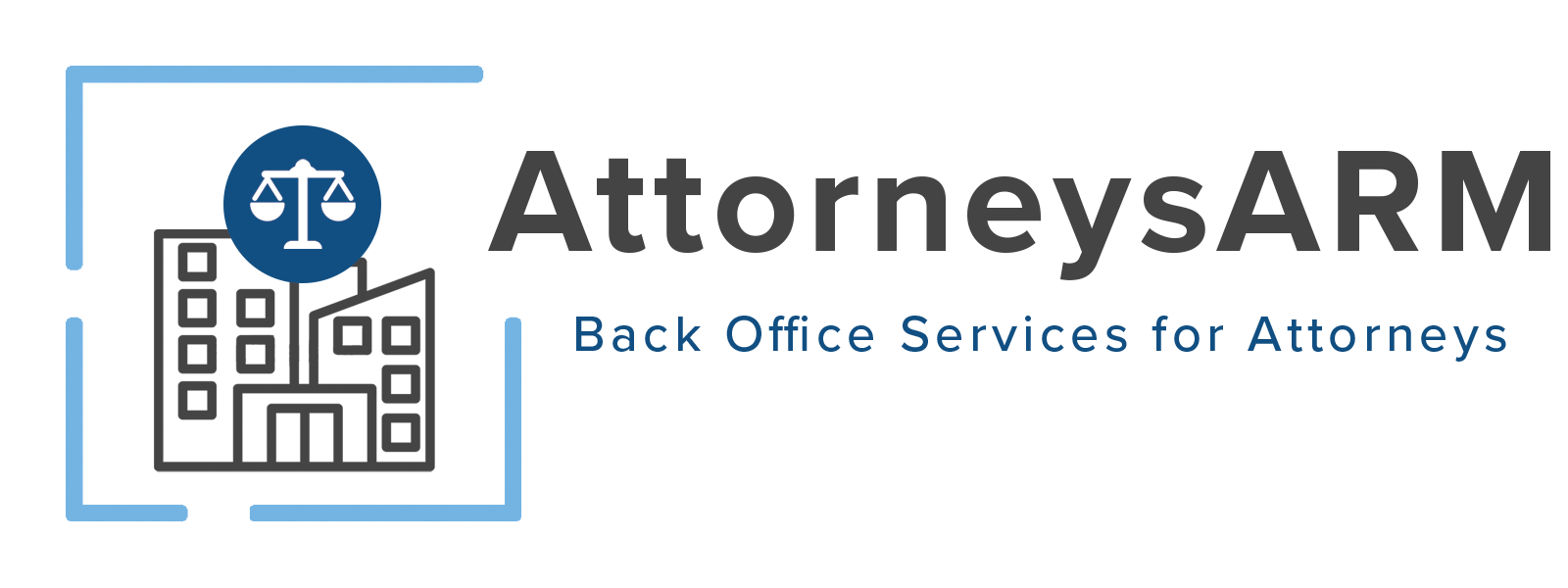Accounts Receivable Management 101 – What Business Owners Need to Know
Accounts receivable management is one of the most important parts of your business. Essentially, it tracks all of the money that is received or that should be received by your company. It involves your billing and payments. This article on accounts receivable management is written with the beginner in mind. If you have questions about accounts receivable, billing, or collections, we invite you to contact us through our form or by calling us.
What Is a Net Term?
Selling a service means that you will most likely provide the service and then invoice the client for it. They will have a due date by which you expect payment in full. You may have seen this on an invoice that you’ve received. Maybe you have an invoice that says "net 30." This is a form of trade credit. So, if you say on your invoices "net 30" then your clients have 30 days to pay their invoice in full. Put careful thought into whether you will use a net term.
Should You Extend Credit?
One topic that we find ourselves covering quite often is whether businesses should extend credit to their clients. Not every business needs to offer credit. If your services are relatively low in cost, you may not need to offer credit. It may be better for you to simply expect payment in full before rendering your services.
So, why should a business extend credit? Shouldn’t everyone just pay in full and upfront? In an ideal world, that would be great. Yet, there are some services that are necessary and that may not be planned. For instance, most people don’t plan to need a healthcare specialist and end up filing bankruptcy. In that case, extending credit to qualified individuals would be a way that healthcare providers could help their patient by providing payment plans and minimize the risk of bankruptcy. Extending credit also helps bring in new business and helps your business remain competitive with similar companies.
To learn more about creating a sound credit policy, check out our series.
Examine Your Own Abilities
You went into business for the same basic reason that everyone else goes into business: to make a profit. While you’re good at providing your chosen services, it’s important that you examine your own abilities to determine if you are the best choice to control your accounts receivable management. It’s more than just sending out invoices and recording payments. You have to pay attention to your operating expenses, your cash flow, delinquent accounts, and many other aspects. Do you have the time and the ability to properly manage this administrative portion of your business?
Your job is to make money and help clients. The time that you spend managing the administrative functions is time away from growing your business. While the majority of business owners certainly want to be the person that handles everything related to the business, it’s just often not a feasible choice. If you need help with your accounts receivable, contact Clients A.R.M. We have more than 30 years of experience. Our rates are competitive and we help businesses regardless of size! Click here to book your free process review.
Cash Flow
Cash flow is an important part of your accounts receivable management. Just because someone pays you money doesn’t mean that it’s free and clear for you to spend. Here is a great video put together by Investopedia that explains the basics of cash flow. You must ensure that you have a good profit margin and that you have working capital.
Written Policies
If you’ve ever watched Judge Judy or any other court show, then you know one thing in life is true. You need to have things in writing. Your accounts receivable management policies are no exception. Keeping written policies that are regularly updated is important for several reasons. One of the most important reasons is that you and your employees can consult these written policies when needed. Everyone involved in this area of your business will have written guidelines that ensure that billing, payments received, and collections are always handled in the same way. This helps prevent errors. Another important reason to keep written policies is that it gives something that your clients can refer to when they have questions about billing or payments. You can create a shortened version of your written policies to provide to your clients. Your employees can always refer back to the whole guide to answer questions. This helps ensure that all clients are treated the same way.
Late Payments




